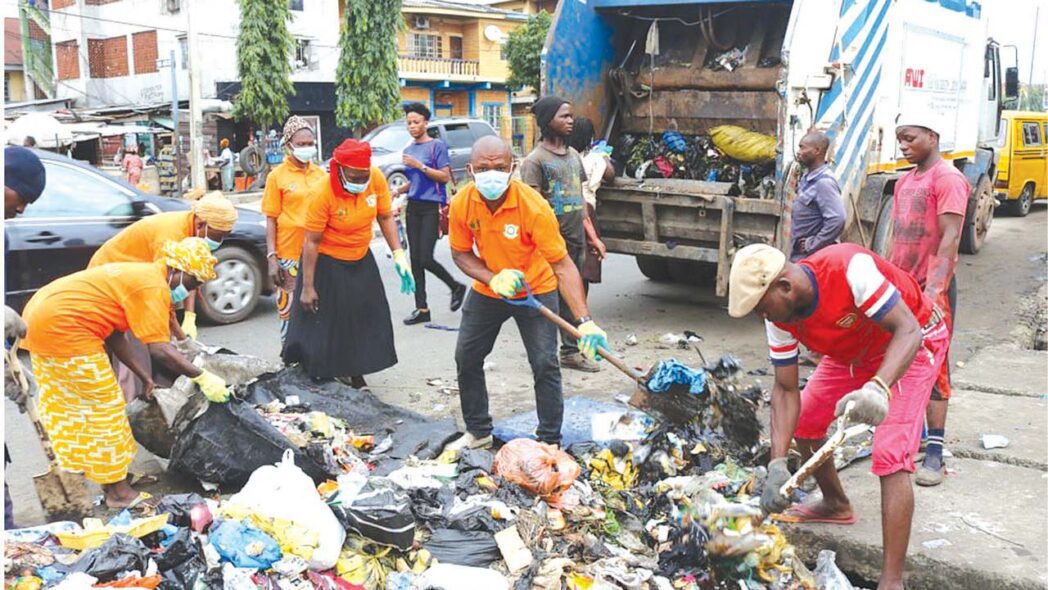


Nigeria’s sanitation crisis: A call for urgent action
Nigeria’s sanitation crisis, as highlighted by the United Nations Children’s Fund (UNICEF), demands immediate and sustained attention. A staggering 95 million Nigerians lack access to sanitation services, with over 48 million forced to practice open defecation, including 18 million children. This is not just a statistic; it is a public health and human rights disaster deeply embedded in Nigeria’s societal fabric.
The repercussions of this crisis are profound, affecting not only health but also education, dignity, and economic progress. The situation is dire: 91,000 schools and 27,600 healthcare facilities lack basic sanitation, forcing children to learn and patients to receive care in unhygienic, unsafe environments.
Markets and motor parks, essential hubs of local commerce, are no better—80% lack access to sanitation. This absence of basic facilities undermines both personal dignity and economic productivity.
Equally troubling is the financial neglect of this issue. The cost of eradicating open defecation is estimated at 168.75 billion naira annually, yet between 2018 and 2022, only 15 billion naira was invested—merely a fraction of what is needed. This underfunding reflects a deeper systemic neglect that perpetuates poor health, lower productivity, and a diminished quality of life for millions of Nigerians. Vice President Kashim Shettima has rightly identified this crisis as more than a sanitation issue. It is a multifaceted problem that affects health, safety, and productivity.
Addressing it requires a collective commitment from all levels of government, from federal to local. The goal of making Nigeria open defecation-free by 2030 is ambitious, but essential. However, the slow progress—only 17% of local government areas and 9% of UNICEF-supported states have reached this target—demands that urgency and commitment be prioritized.
Governors must treat this as a critical national priority. The campaign to eradicate open defecation must be led with determination, supported by robust political will and substantial investments in sanitation infrastructure.
Every school, healthcare facility, market, and public space must be equipped with clean and safe toilets. Public awareness must also be raised to change harmful social norms. Moreover, strong monitoring and accountability mechanisms are essential to ensure measurable progress.
This is not just an infrastructure challenge; it is a moral imperative. Access to sanitation is a fundamental human right, and addressing this issue is central to the well-being of the Nigerian people. It is about ensuring dignity, protecting public health, and creating an environment where all Nigerians can thrive.
The financial and human costs of inaction are too high. Open defecation contributes to the contamination of water sources, spreads diseases, and disproportionately affects women, children, and vulnerable communities. It entrenches poverty, hampers educational attainment, and limits economic opportunities.
With the target to end open defecation by 2025, the next few years are crucial. This year’s World Toilet Day theme, “A Place for Peace,” should serve as a reminder that sanitation is not just about the basic necessity of a toilet, but about dignity, health, and human potential. Let us act with urgency and commitment to turn this vision into reality for every Nigerian.
The government, civil society, and the private sector must join forces in this fight, ensuring sanitation becomes a priority at every level of governance. Only through collective effort and substantial investment can we hope to create a Nigeria where every citizen enjoys the dignity and safety of proper sanitation services.
The time for change is now, and the cost of inaction is simply too great to ignore.



